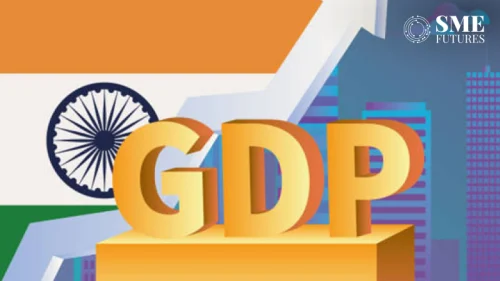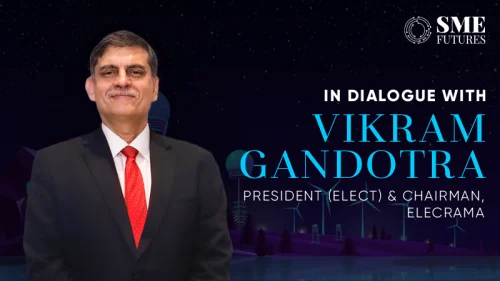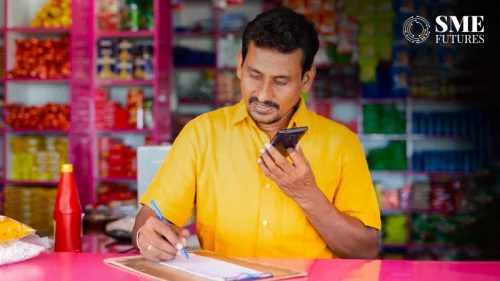In the current digital landscape, social media acts as a crucial platform for real conversations between brands or products and their fans or users. This gives company’s a unique chance to connect with their customers, push their ideas forward, and influence their actions. But this 24/7 back-and-forth puts brands and companies on a sticky wicket where the risks are way higher than they were in the past. The very networks that can boost a company’s voice can also, with a single slip or some rant or gossip, make negative feedback spread like wildfire.
Ola Electric and Adivasi Tel, two Indian firms, have navigated through their own social media storms recently. They show us how a brand’s online reputation can be made or marred in the blink of an eye.
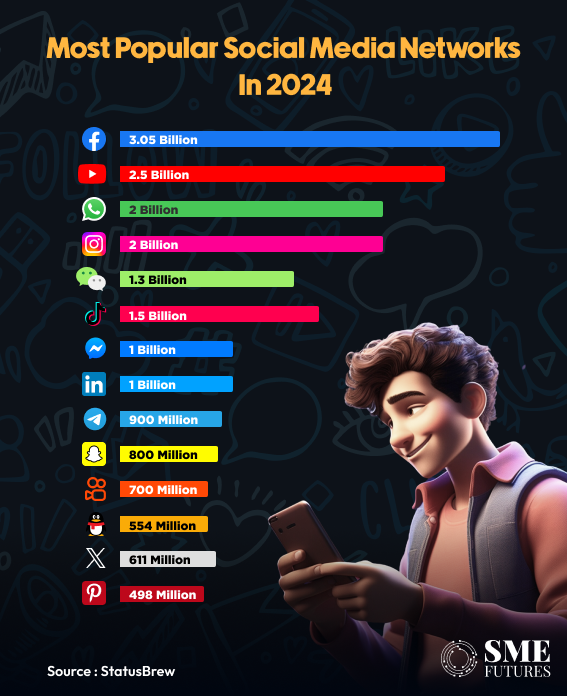
Social media as a medium to grow and earn trust
Social media is a place where companies and their fans bond with each other. Firms efficiently use these online platforms to create genuine connections, strengthen commitment to their brand, and show a more personable side of their businesses.
Nowadays, social media has also turned into a compact version of customer support. Most of the big brands now focus on this aspect heavily. Thus, when in a recent interaction the CEO of Ola Electric, Bhavish Aggarwal, was confronted by a well-known stand-up comedian on X about the thousands of pending and unresolved complaints against his company, the interaction turned ugly as a heated spat erupted between the two. It didn’t end well for Bhavish Aggarwal though as the responses to the post presented him in the wrong light.
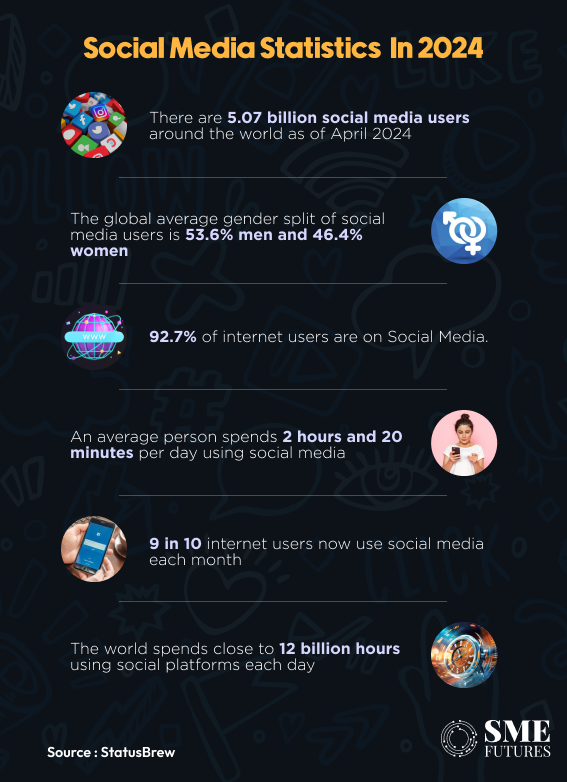
Nandita Sood, CEO, KERTUS, says, “Social media has completely revolutionised how brands build and maintain their image in today’s fast-paced digital world. It is, without a doubt, a double-edged sword—on one hand, it enables brands to engage with their audience more informally and intimately, but on the other, it demands vigilance as even a minor misstep can escalate quickly. Despite these challenges, social media is now the primary communication channel for brands, making it an indispensable part of every company’s communication toolkit.”
Like many companies, Ola uses social media to strengthen its brand appeal, yet the very feature that pulls in the crowd can also become a weak spot when trouble arises. Undoubtedly, social media is a double-edged sword.
Misinformation flies fast: The Adivasi Tel case
The double-edged nature of social media can be best illustrated by the case of Adivasi Tel, which was heavily promoted online by well-known celebrities and influencers. However, a single post on X sparked some serious allegations against Adivasi Tel claiming that they got their goods from sketchy suppliers. The news went viral in no time, with many questioning the company’s ethics. However, later, those accusations turned out to be a big fat lie.
Clarence Lowden, Co-founder, WhizCrow, who has handled many PR nightmares, points out, “One sketchy piece of gossip can leave a nasty scar even if someone busts it as a myth. Companies should be on their toes 24/7, ready to tackle the crazy stuff social media can throw their way.”
Adivasi Tel took prompt action to combat the false stories going around, but the trouble had hit before they could even get their side out there. People on social media spent days making guesses and piling on the accusations, which tarnished Adivasi Tel’s good name. Eventually, the company managed to wriggle out of the mess. However, this whole debacle very clearly shows how fast just one piece of false information can be blown out of proportion and influence the popularity of a product.
Crisis management: Turning adversity into opportunity
Each brand that faces online scrutiny should have the right strategy to fight back. Nowadays, with everything moving so quickly, staying silent could impact the brand, and even top companies can find themselves in a mess if they are not ready. Pros like Clarence Lowden emphasise the importance of managing your online reputation by being proactive and real.
Speaking about online credibility, Lowden sheds more light on how he weathered crisis situations and how he navigated through them while working for BSNL.
He says, “I had the good fortune of being one of the core members who laid down the redressal and ORM frameworks for BSNL across the country. We responded to queries and complaints on social media platforms such as X, Facebook, Google Business, Instagram, and others. As a public utility company, BSNL had many of its consumers approaching the company online since it was the company’s nascent step in digital outreach.”
“We ensured timely complaint resolution, verified customer satisfaction, and maintained open communication. This fostered transparency, accountability, and customer empowerment. For instance, during the December 2015 Chennai floods, we ran the #ChennaiWeAreWithYou campaign, showcasing the on-ground work BSNL was undertaking. Negative comments turned into appreciation. People voiced their support and defended the brand,” Lowden adds.
Talking about the Adivasi Tel case, Lowden points out: “You should do more than just cancel out the bad buzz. The trick is to flip the script with some straight-up helpful comebacks. I’ve noticed with big-time players that when brands are all ears and talk back, they can boost their good name for the long haul.”
Adivasi Tel tackled its crisis by choosing clear communication and transparency by letting people know about where they got their stuff from and how they ensured its quality. They were straight forward with their consumers and forthcoming with all the information about their brand. This helped the company to regain the trust of its customers.
Tamanna Gupta, founder of Umanshi Marketing, asserts, “Brands today can’t just sit around on social media. They must have a crisis game plan, all set to hit back with clear and sure words. And this could change things big time—from a small blip to a huge mess. It’s not about wondering if a social media storm will come, but when. Being prepped is what’s going to tip the scales when things go down.”
Building a tough brand: Some tips
Brands need to build strength into their social media strategies to flourish in a dynamic environment, where people’s opinions change very fast. Experts suggest adopting habits that lessen risks and protect brands when they are facing adversity. However, to know how to handle a crisis, a brand must first be able to identify the severity of it.
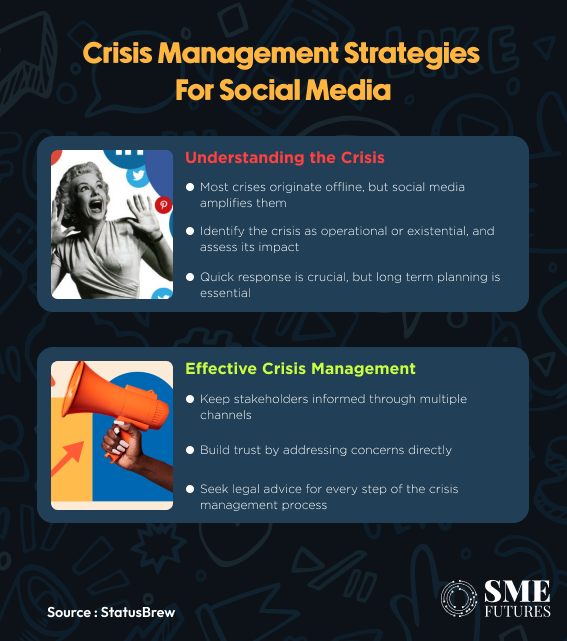
Tamanna Gupta cites some examples that demonstrate this very fact.
“Crises often originate offline (like Indigo’s flight delays or Maggi’s lead contamination) but escalate on social media. Swiftly assess the crisis’s type and scale to formulate an effective response. Immediate action, coupled with long-term planning, is essential to mitigate damage and restore reputation. Transparent communication across multiple channels, including face-to-face interactions, is key to rebuilding trust and transforming stakeholders into advocates,” she says.
Keeping a tab on the opinions of people online helps businesses to tackle issues early and prevent negativity from getting out of control. Being prepared for a messy situation means having ready-to-go messages, a team assigned to address issues, and a clear action plan which outlines everyone’s roles. It’s crucial to act fast on social media; any delay can trigger rumours.
When firms admit to wrongs and detail their corrective measures, they don’t just halt the negative fallout — they show that they value what their patrons think. This just strengthens their bond further.
Dual faces of social media
Social media offers brands a chance like none other for growth yet throws unique obstacles and hurdles at them. Ola Electric’s strategy to cultivate a community and Adivasi Tel’s upfront handling of trouble highlight the highs and lows of this sphere. Brands that consider social media platforms as a podium for dialogue — to engage people and respond to them —can use their influence and clout to bolster their reputations.
Finally, what shapes a brand’s reputation isn’t just its wins but also the way it deals with its losses. Social media can be a tricky platform, but when brands get it right with smart involvement and engagement, being open, and staying genuine, they can totally use it to win big and use it to their advantage —turning obstacles into opportunities.






